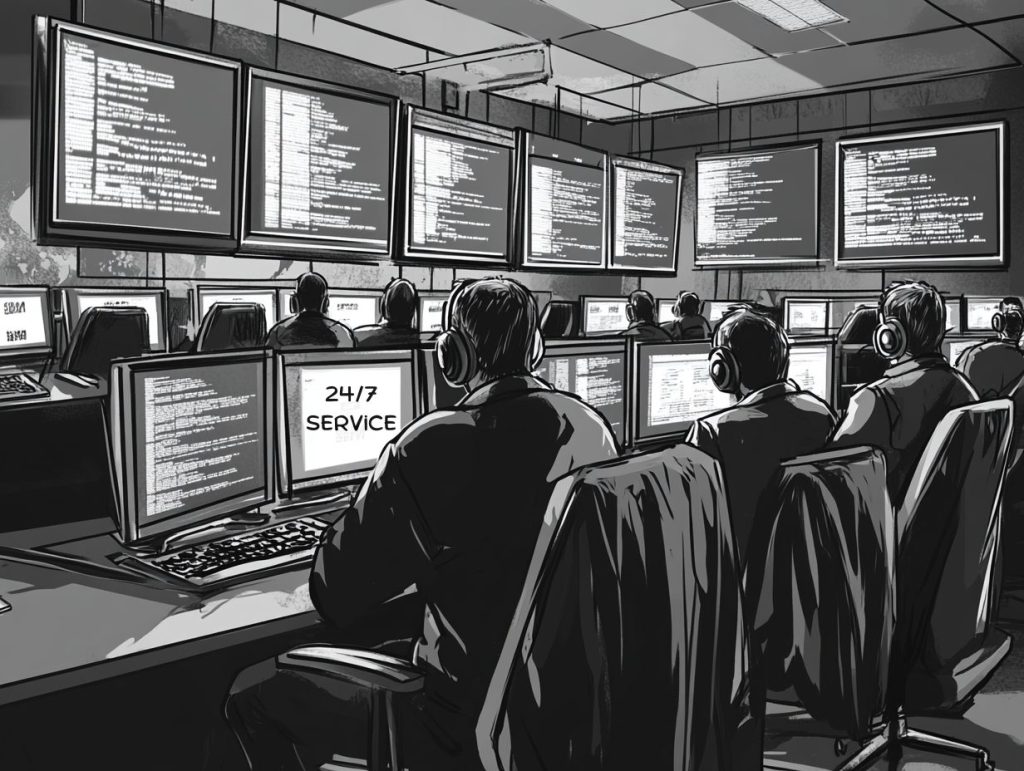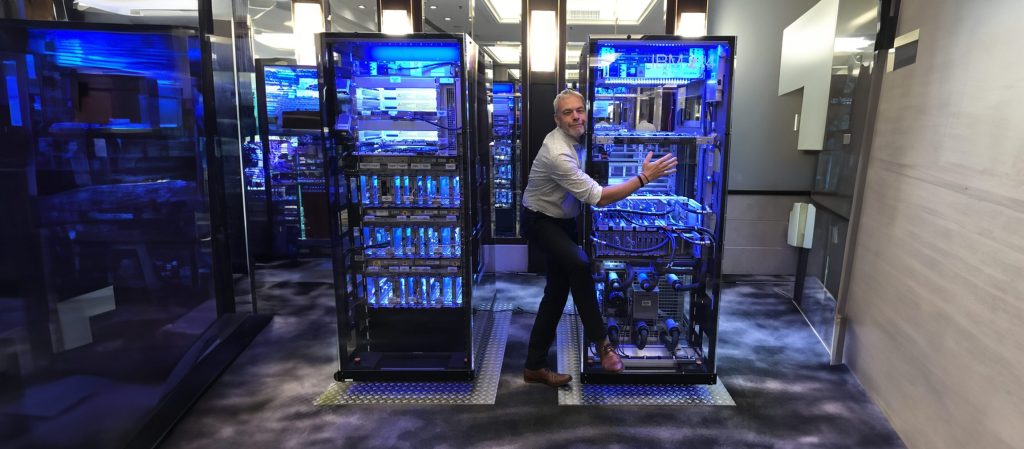Dear fellow mainframer,
While we are already excited about the upcoming season holidays (and the zNext announcement), my unscientific analysis of the pulse of the mainframe nation found that most discussions are focused on two main topics: modernization and operations. Businesses only want new software functionalities and uninterrupted operations, showing little understanding of the skills gap or retirement issues.
Finding the right answers to these questions will shape our future!
Modernizing a Legacy Codebase using AI
Every IT manager and software engineer knows about the costs and risks of outdated software code. However, legacy code represents years of accumulated knowledge, and we can’t just throw it away. Building a knowledge graph of a legacy codebase is an effective strategy for understanding existing software systems and is a giant first step towards modernization. Hrvoje Simic wrote an excellent blog explaining how to build and use a knowledge graph with the RAG approach. It’s not a step-by-step cookbook for modernizing your favorite 30+ year-old Cobol code, but it’s a must-read for any (future) modernization guru.
Many people believe the primary challenge lies in the fact that Gen Z doesn’t speak COBOL so we need to replace it with Java or other languages. I find this completely wrong; typically, mainframe customers want to keep COBOL (or PL/I) but aim to modernize the developer experience. .
CROZ Mainframe Operations Center
We are happy to announce the CROZ Mainframe Operations Center (MOC) as a significant addition to our existing Managed Services offering.
As part of our commitment to “Empowering Mainframe Teams”, the MOC provides smooth and efficient operations, helps maximize uptime, streamlines performance, and optimizes mainframe operations. Our team of trained professional operators monitors the system’s health, keeping an eye on the System Console around the clock.

By focusing on optimizing operations, the MOC provides a reliable option for customers looking for an alternative or extension of their mainframe operators team.
At MOC, we are not scared of fires, because our concept is about preventing them from ever starting. It’s about staying one step ahead and keeping the systems running smoothly without the usual surprises.
Industry Insights
I recently came across a great book for anyone diving into z/OS – Mainframe zOS – Back to Basics by Natabar Sahoo. He compiled notes from his scratchpad, accumulated over 33 years as a z/OS system programmer, and transformed them into this book. It takes a practical, straightforward approach to refreshing and learning the fundamentals of z/OS.
IBM keeps the brisk pace with the new versions. We are going to take a closer look and let you know more details in the following months:
- IBM watsonx Code Assistant for Z V2.4 (WCA4Z) brings PL/I Code Explanation and dynamic analysis of software flow
- IBM watsonx Assistant for Z V2.1 (WA4Z) adds operational insights from Omegamon and other tools, introduces low-code development for skills studio and lowers the hardware prerequisites



